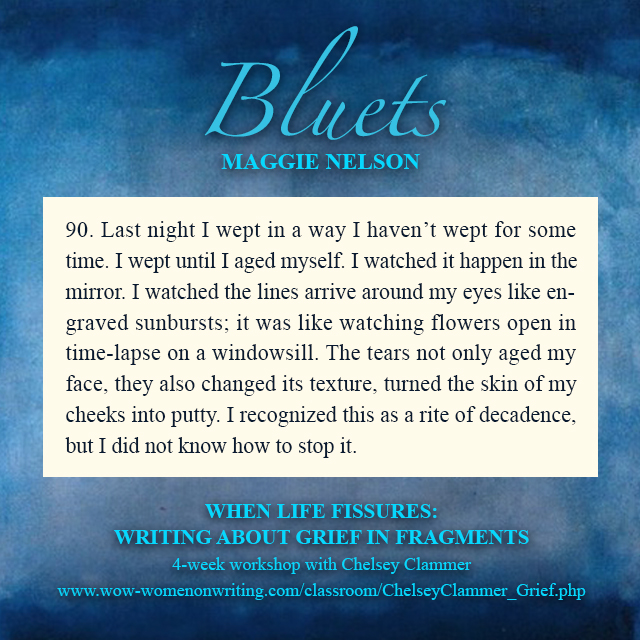 |
| by Jacob Edward (Flickr.com) |
1. What is the benefit of this cost? I think this is the most important question because if the cost has no benefit, then you should not be spending the money. As a writer, you are also a business! A business owner doesn't spend money if it doesn't benefit him or her, so you shouldn't either. If you are a children's writer, attending an SCBWI (Society of Children's Book Writers and Illustrators) writing conference is probably a great idea. If you are a mystery writer, that doesn't make sense. Also, before you pay money to advertise your books on websites, talk to other authors who have advertised with that website or check the website rankings. How will spending this money help you and your career?
2. How does it compare? With the ease of the Internet, it is super easy to figure out how much an average writing conference or online class costs. It is easy to research the conference speakers or class teacher. If you want to advertise your e-book through an e-mail service, how much does this typically cost for your genre? Do your research.
3. What is your budget? This should probably be number one, but it's on here at least! (smiles) You should have a budget for your writing career. If it's $200 on a conference and $50 to market your books, then don't go over that. Use your money wisely, answer questions one and two, and then spend happily. Just don't go over your budget.
4. Does this expenditure fit with your overall goals? Along with a budget, you should also have goals for your career. If you are looking to improve your craft, then a conference or class may be perfect for you. If you are looking for ways to get your book out in the world, then you may want to spend those dollars on marketing this year. If you have a manuscript you want to pitch to an agent, find a conference where agents are taking pitches! What are your goals? Your expenditures should reflect them.
The only one that can really decide whether the money is well spent is you. Just remember, you are making an investment, an investment in what you most likely hope is a career some day or may already be.
Margo L. Dill teaches online writing courses for WOW! and is the author of three books for teens and children. Check out her next online class, Writing for Children: How to Get Started and Take Hold of Your Career, starting March 18. There's still plenty of time to sign up here!















